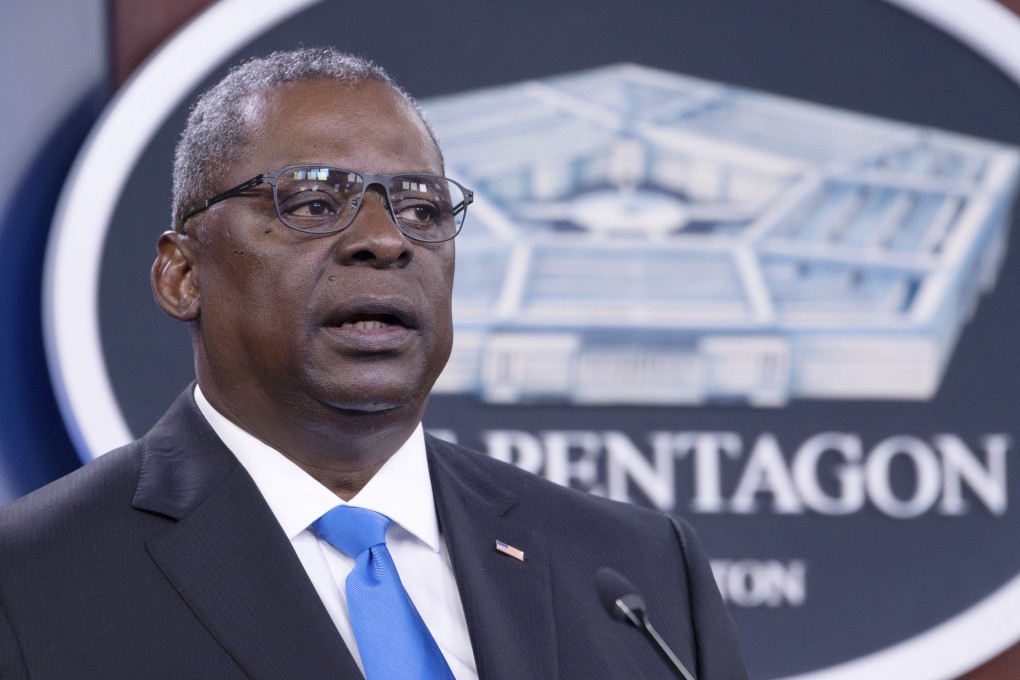Advertisement
US committed to ‘constructive, stable’ ties with China despite Asia stability concerns, Pentagon chief says
- Lloyd Austin says Washington ‘will not seek confrontation’ with Beijing, but ‘will not flinch’ to protect its interests
- His comments in Singapore come ahead of trips to the Philippines and Vietnam, amid reports Vice-President Harris could visit the region next month
Reading Time:4 minutes
Why you can trust SCMP
71

US Defence Secretary Lloyd Austin on Tuesday said he hoped to build a “constructive, stable” relationship with China and its military even amid continued and varied concerns about Beijing, including its assertions in regional waters, hardened Taiwan policy and treatment of Uygur Muslims.
The Pentagon chief’s somewhat conciliatory comments dovetailed with the line on maintaining open channels of communication taken by a senior US state department official during talks with Chinese counterparts in Tianjin on Monday.
“I am committed to pursuing a constructive, stable relationship with China, including stronger crisis communications with the People’s Liberation Army,” Austin said during a lecture in Singapore organised by the International Institute for Strategic Studies think tank.
He prefaced this assurance, however, by noting Washington’s disapproval of a range of issues concerning Beijing, which included its assertions in the South China Sea, its “aggression” against India, “destabilising military activity and other forms of coercion against the people of Taiwan” and “genocide and crimes against humanity against Uygur Muslims in Xinjiang”.
Advertisement
Austin also reiterated Washington’s long-standing position that China’s claims in the resource-rich waters had no basis under international law, saying the assertions “tread on the sovereignty of the states in the region”.
“Now these differences and disputes are real. But the way that you manage them counts,” Austin said. “We will not flinch when our interests are threatened, yet we do not seek confrontation.”
Advertisement
Advertisement
Select Voice
Choose your listening speed
Get through articles 2x faster
1.25x
250 WPM
Slow
Average
Fast
1.25x